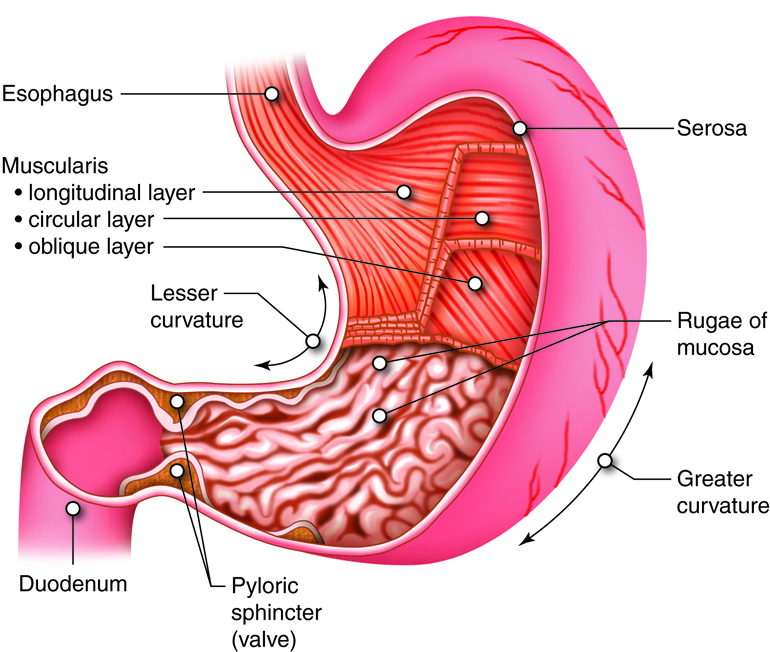Acid reflux is a common medical condition that occurs when stomach acid flows back into the esophagus, causing discomfort and potentially leading to health complications over time. For individuals experiencing recurrent acid reflux, seeking care from a gastroenterologist may be necessary. Here is more information on acid reflux, its causes, impacts, and treatment options:
What Is a Gastroenterologist?
A gastroenterologist is a doctor who specializes in the diagnosis and treatment of conditions affecting the digestive system. This includes disorders involving the esophagus, stomach, intestines, liver, pancreas, and gallbladder. Gastroenterologists are specially trained to perform diagnostic tests, provide therapeutic treatments, and manage chronic conditions. Patients experiencing persistent acid reflux may benefit from consulting a gastroenterologist to determine the cause and receive appropriate care.
What Is Acid Reflux?
Acid reflux occurs when stomach acid moves upward into the esophagus, the tube connecting the throat to the stomach. Normally, a muscle at the bottom of the esophagus, called the lower esophageal sphincter, acts as a valve to prevent acid from flowing back. If this muscle weakens or relaxes inappropriately, acid reflux can occur.
Other symptoms often accompany this condition. This includes heartburn, regurgitation, chest discomfort, or difficulty swallowing. When acid reflux becomes frequent or severe, it may develop into a more chronic condition known as gastroesophageal reflux disease (GERD).
What Causes Acid Reflux?
Several factors can contribute to the development of acid reflux. One common cause is the weakening of the lower esophageal sphincter, which allows stomach acid to escape into the esophagus. Various lifestyle factors can increase the risk of acid reflux, including consuming large meals, lying down shortly after eating, and eating foods such as spicy dishes, citrus fruits, alcohol, or caffeine.
Other possible contributors include obesity, smoking, pregnancy, and certain medical conditions like hiatal hernia. Some medications may also relax the esophageal sphincter, leading to acid reflux. Recognizing these triggers can help individuals take steps to minimize their symptoms.
What Are Its Impacts?
The effects of acid reflux extend beyond discomfort. Chronic acid reflux can lead to inflammation of the esophageal lining, known as esophagitis. Over time, repeated exposure to stomach acid may cause complications like esophageal stricture, where scar tissue narrows the esophagus and results in difficulty swallowing.
Acid reflux may also lead to Barrett’s esophagus. This condition is characterized by changes in the cells lining the esophagus, which increases the risk of developing esophageal cancer. Persistent symptoms, such as chest pain or a sour taste, can negatively affect quality of life, interfering with daily activities and sleep.
How Is Acid Reflux Treated?
Effective treatment for acid reflux begins with lifestyle modifications. Avoiding foods and activities that trigger symptoms can reduce the frequency of reflux episodes. Eating smaller meals, maintaining a healthy weight, and elevating the head of the bed during sleep are commonly recommended adjustments.
Medications may be prescribed to control acid production and alleviate symptoms. This includes antacids and proton pump inhibitors (PPIs). A gastroenterologist can evaluate the severity of the condition and recommend the most appropriate treatment approach.
Improve Your Quality of Life
Acid reflux is a manageable condition when addressed with the right strategies and medical support. By understanding its causes, recognizing its symptoms, and seeking treatment early, individuals can minimize its impact on their health and daily lives. If you experience persistent acid reflux, consult with a gastroenterologist to explore solutions tailored to your needs. Take the first step to better digestive health and improved well-being today.

